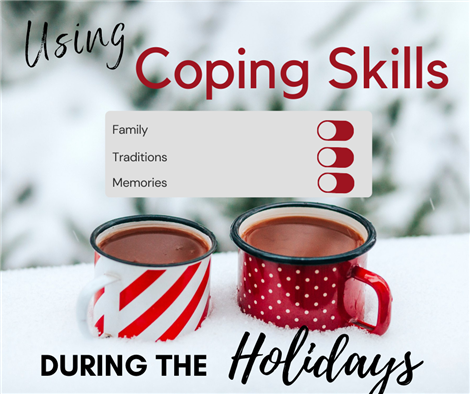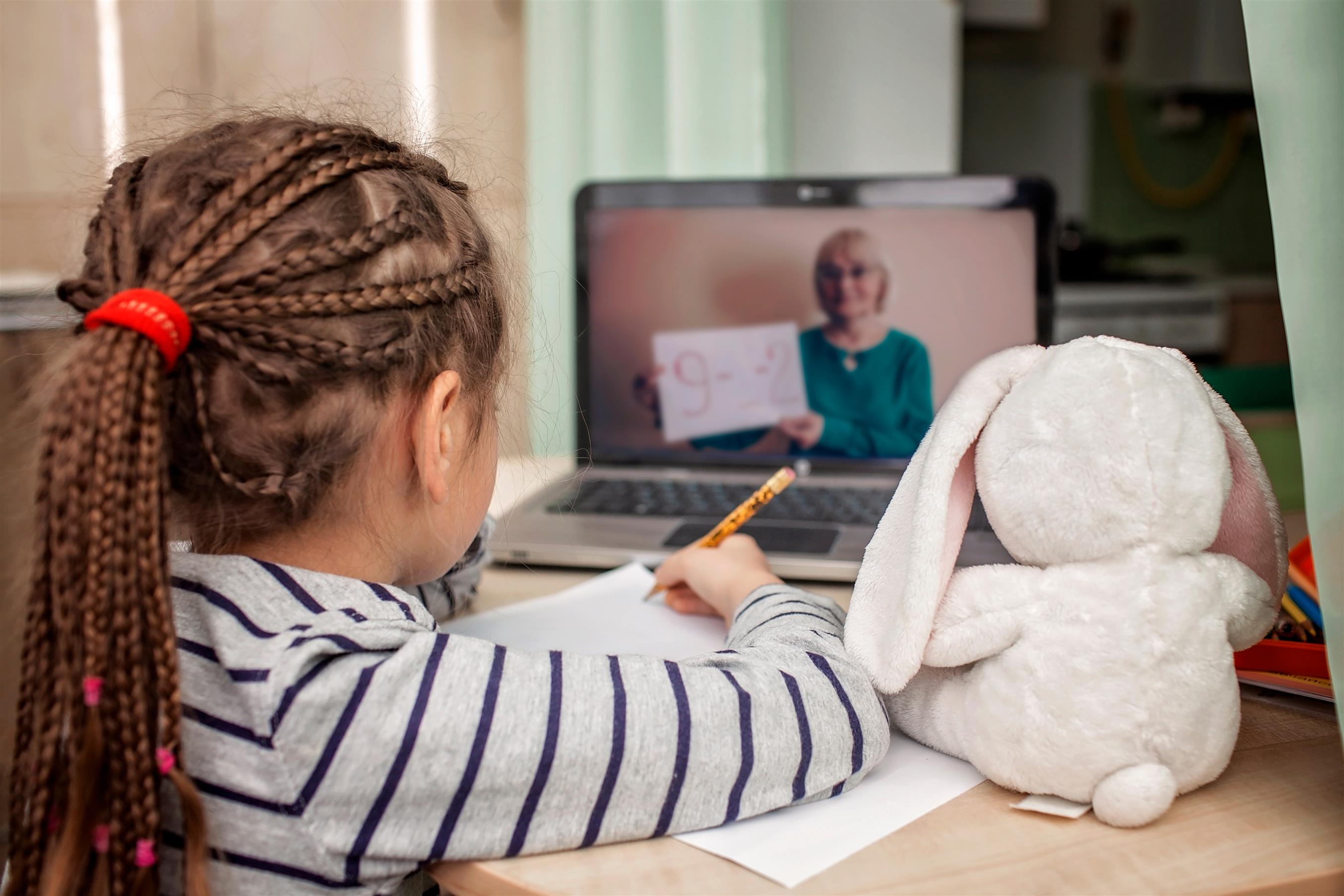The Power of Using Positive Affirmations With Students
I want to start this off by doing an exercise with you. Please say each phrase out loud:
I am strong
I am powerful
I am kind
I am beautiful inside and out
I can do anything I set my mind to
How do you feel?
Hopefully, you feel motivated, relaxed, and confident in yourself. That is the power of positive affirmations; you can help yourself overcome negative thoughts and remind yourself that you are amazing.
This exercise is crucial for both students and staff. Today we will be looking more into what affirmations are, who can do affirmations and how often, their power, and even a resource you can use with your students at the bottom!
What is an affirmation?
Google states that an affirmation is an emotional support or encouragement. Everyone is accustomed to being hard on themselves. We think they are not good at something, we think we are ugly, we think we need to lose weight, and so many more examples of a negative mindset. The problem is, when you repeatedly focus on the negatives and tell yourself that you are not worthy of something, you begin to hold yourself back and struggle to push yourself out of these negative thoughts.
We are our toughest critics. Instead of focusing on the negatives, we need to begin to focus on the positives and shift that mindset-- it begins with using affirmations.
Who can do an affirmation?
The beauty of affirmations is that anyone can do them! Teachers, school counselors, coaches, administration, and students. It is also particularly important that we help lead our students in using affirmations; it is hard for us as adults to use affirmations, so imagine how difficult it is for children. All staff members and parents should be helping students use affirmations in their daily lives.
How often should I do one?
Everyday! Each day you can lead students in using affirmations! Start off the class by having students repeat after you or by having students write one positive characteristic about themselves. The same can be done at home; sit down with your child and lead them in an affirmation while having them look at themselves in the mirror.
Affirmations can be used even when we do not realize that is what we are doing. If you ever see a student, a colleague, or anyone talking negative about themselves, remind them how strong they are and have them rephrase what they are saying- for example, if a student says “I am not good at math” tell them instead to say “I may be confused right now, but I am smart and determined and will figure this out.”
What is the power of affirmations?
According to “Intelligent Change”, Self-affirmations help alleviate stress and defensiveness, make you less psychologically vulnerable, helps maintain optimism, help you be physically healthier, and help you maintain a positive identity.
With all of the chaos in the world, it is more important than ever to focus on creating a healthier relationship with ourselves.
When we think about our students, it is imperative that we practice affirmations regularly! Students learn more and manage their emotions in a healthier way when they are accustomed to speaking positively about themselves and having a healthier relationship with themselves. Not only does it set these students up for success in their education, but it also gives them confidence as they go through their lives and try new things.
Resource!
On our website, schoolcounselorworld.com, we have several resources for you that will help your students and children learn about the difference between positive and negative words, positive affirmations, how to do them, and practice at the end! Check out these lessons: “Positive Pilgrim Affirmations” and "Positive Peer Affirmations."
Sources used:
https://www.intelligentchange.com/blogs/read/the-power-of-affirmations






.png)